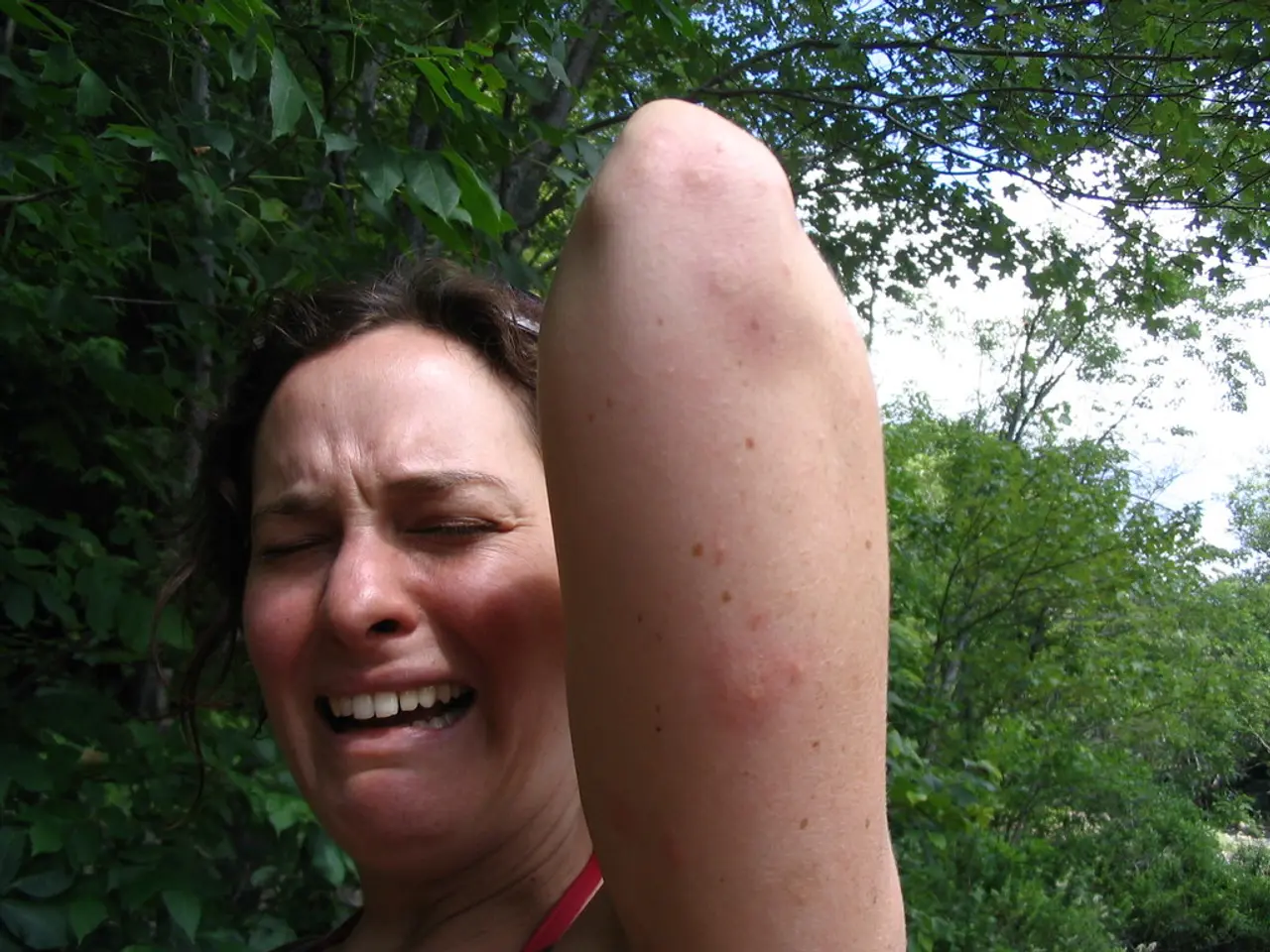Guide to Life and Adaptation with a Disability
In navigating life as a person with a disability, it's essential to know that you are not alone. There are numerous organisations and resources available to help you cope, advocate for yourself, and find a sense of community.
The Americans with Disabilities Act (ADA) offers protection from discrimination and ensures fair and reasonable accommodations at work, school, and in public areas. The ADA National Network provides information, guidance, and training on the ADA, helping you understand your rights and how to navigate various situations.
The American Civil Liberties Union (ACLU) and The ARC are two other organisations that offer legal support for disability rights. The ARC, in particular, promotes and protects the human rights of people with intellectual and developmental disabilities, offering advocacy, education, and family support.
The Independent Living Research Utilization (ILRU) offers a wide range of resources, including core services, legal assistance, health and wellness, and more. Yoocan is a global community that helps people with disabilities find support and connect with resources.
Acknowledging a disability can be a challenging part of one's journey, and it's important to be patient with oneself and ask for support when needed. Remember that there's no one or right way to feel about having a disability; feelings can change from day to day or even moment to moment, and grief, anger, confusion, acceptance, and pride are all valid and honest responses.
Practical coping strategies for daily life include prioritizing self-compassion over comparison, creating routines that honor one's body and brain, and advocating for accommodations and access. Leaning on relationships that are built on mutual respect, such as chosen family and affirming networks, can offer emotional safety and validation.
Isolation is a common challenge for those with disabilities, but feeling connected is essential for mental health and well-being. Actively seeking out friends, peer groups, and online communities that affirm one's experience and identity can help overcome loneliness.
Disabled adults are more likely to be lonely, and this increased risk is likely due to non-inclusive or inaccessible environments. Support services and resources to consider include the National Council on Independent Living, Disability Rights Education and Defense Fund, Disability:IN, and the Disability Rights Fund. These organisations drive change through peer and collective learning, advocacy, and education.
The National Disability Rights Network (NDRN) provides legal advocacy and protection for the rights of people with disabilities. Online therapy can also be a powerful tool for coping with a disability, offering strategies for navigating life with a disability and meeting unique needs. (Note: This fact assumes the article's website provides online therapy services.)
To find support and resources for coping with a disability—including self-advocacy, access-centered thinking, and peer support networks—you can explore specialized organisations and programs that provide comprehensive assistance.
The United Cerebral Palsy (UCP) offers a wide affiliate network delivering resources, advocacy, education, and community connection for people with disabilities. Generation Patient facilitates virtual peer-support meetings and groups for young adults with chronic conditions, emphasizing shared experiences, coping strategies, and self-advocacy.
The American Association of People with Disabilities (AAPD) is a cross-disability rights group that connects individuals with disabilities to political advocacy, economic empowerment, and community engagement. Autism Speaks provides resources for community connection, employment inclusion, and advocacy for those on the autism spectrum.
For autism-specific support, Autism Speaks provides resources for community connection, employment inclusion, and advocacy. Their programs include information on self-advocacy and inclusion efforts designed to empower individuals on the spectrum.
Connecting with advocacy organisations like UCP or AAPD is useful, as they promote equity and inclusion policies that reflect access-centered thinking. Peer support networks can be found through national organisations and local affiliates alike, offering opportunities for people with disabilities to meet, share experiences, and support each other directly.
In summary, key steps include contacting organisations like UCP, AAPD, and Autism Speaks to find local and virtual resources tailored to your disability, engaging in peer support groups either online or in person through platforms like Generation Patient, learning self-advocacy skills through educational series and workshops offered by these organisations, and exploring advocacy and inclusion initiatives that foster access-centered thinking and promote systemic change. These resources collectively empower individuals with disabilities to cope effectively through community, advocacy, and access-focused strategies.
- Online therapy can serve as a powerful resource for individuals with disabilities, offering strategies for coping with a disability and meeting unique mental health needs.
- Education and self-development through organizations like the American Association of People with Disabilities (AAPD) can connect individuals to political advocacy, economic empowerment, and community engagement, fostering personal growth.
- Health-and-wellness organizations such as the Independent Living Research Utilization (ILRU) and the United Cerebral Palsy (UCP) provide a wealth of resources, including legal assistance, health resources, and community connection, supporting overall physical and mental health.




